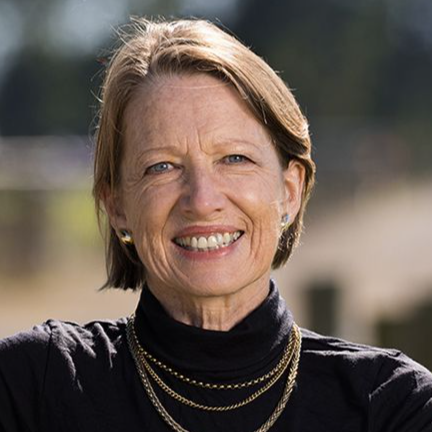Certainly, the aspirations could be considered a form of marketing, but when Prime Minister Christopher Luxon addressed the agricultural businesspeople (farmers and rural professionals from all sectors) at Mystery Creek National Events Centre at the end of November, confidence in the future increased.
This was the goal of the event organised by Federated Farmers.
The Restoring Farmer Confidence Tour, involving three locations (Hamilton, Ashburton and Gore) allowed Luxon to hear the concerns of farmers and farmers to hear the messages from the Prime Minister and Agriculture and Trade Minister Todd McClay.
Several other MPs were also in support, showing the importance to the Government of getting the message through.
- New Zealand is confident when farmers have confidence.
- Farmers and growers pulled New Zealand through the Covid shutdowns and will power us out of the current economic recession.
- The Government’s goal of doubling the value of exports cannot be achieved without the agricultural sector.
These statements aren’t new, but a year after being elected, the Prime Minister was able to point to the number of changes, many identified by Federated Farmers, aimed at enabling the rural economy to power up.
The bottom line is the Government and sector working together to get Wellington out of farming.
By this, he meant eliminating the bureaucracy (red tape) that gobbles time in completing paperwork, but which adds no value to the business
The Government also wants to see more ambition in celebrating being the best in the world, promoting agriculture not as the villain but as part of the solution.
This is music to the ears of those who have been singing the same song.
Further, encouraging more young people to take up roles along the value chain was urged.
“We need people who understand strategy, technology and the markets as well as agriculture”, Luxon said.
“We need to increase the positive communications.”
Listen to Jamie Mackay interview Dr Jacqueline Rowarth on The Country below:
Again, some of us have been trying for some time.
Having the Government with us, as it was when Jim Anderton (RIP) was Minister for Agriculture, will help.
In 2007, Anderton was vocal about the fact that the “Labour-Progressive Government” understood the important contribution the primary sectors made to the economy.
He also said “they will continue to play that crucial role well into the future”.
At the opening of the Primary Industries Summit 2020 in November 2007, he released a new publication from MPI.
“Future Focus” identified opportunities and risks facing primary industries over the following ten to fifteen years.
The project identified six key drivers of change:
Technological advances, demographic changes, water quantity and quality, geopolitical power shifts, energy cost and supply, and climate change.
A pandemic wasn’t mentioned, but apart from that omission, the topics align with real-life experience and still dominate the thinking.
“My message to you,” Anderton said, “is that the Government is prepared to work as a partner with industry in achieving this vision. And there needs to be cooperation within the industry as well”.
Plus ça change.
Just like Luxon on the Restoring Confidence Tour, Anderton talked about the primary industries being our most science-based, our most research and development-based, and our most innovative industries.
“There is as much science in landing a fresh gold kiwifruit or lamb chop in a foreign supermarket as there is in a cell phone”, he said.
He lamented the decrease in science funding and indicated a renewed commitment to research and development, warning under-investment becomes apparent only after it’s too late.
They were good words, but we are still struggling in the science sector for funding.
Just like Anderton in 2007, the Prime Minister and Minister Todd McClay talked about the importance of science as the foundation that underpins advances.
The next step must be a Restoring Confidence in Science tour so we can recruit youth and enable current scientists to make progress.
Some of us have been trying that message for decades, too.
New Zealand scientists don’t, however, have an organisation like Federated Farmers, with its record of 125 years of advocacy and leadership.
Despite this lack, scientists, rural professionals and farmers can follow Anderton’s advice and work together along the value chain to ensure New Zealand products are what the world continues to want — informed from a foundation of science, adapted by farmers and growers, and meeting the market needs identified by researchers.
Collaboration is key.
The Prime Minister and Minister Todd McClay have highlighted the new messages, building on the old.
The goal is a true partnership into the future and a focus on efficiency of production rather than reduction.
Science is key.
And great people in the primary sector.
Music to the ears.
